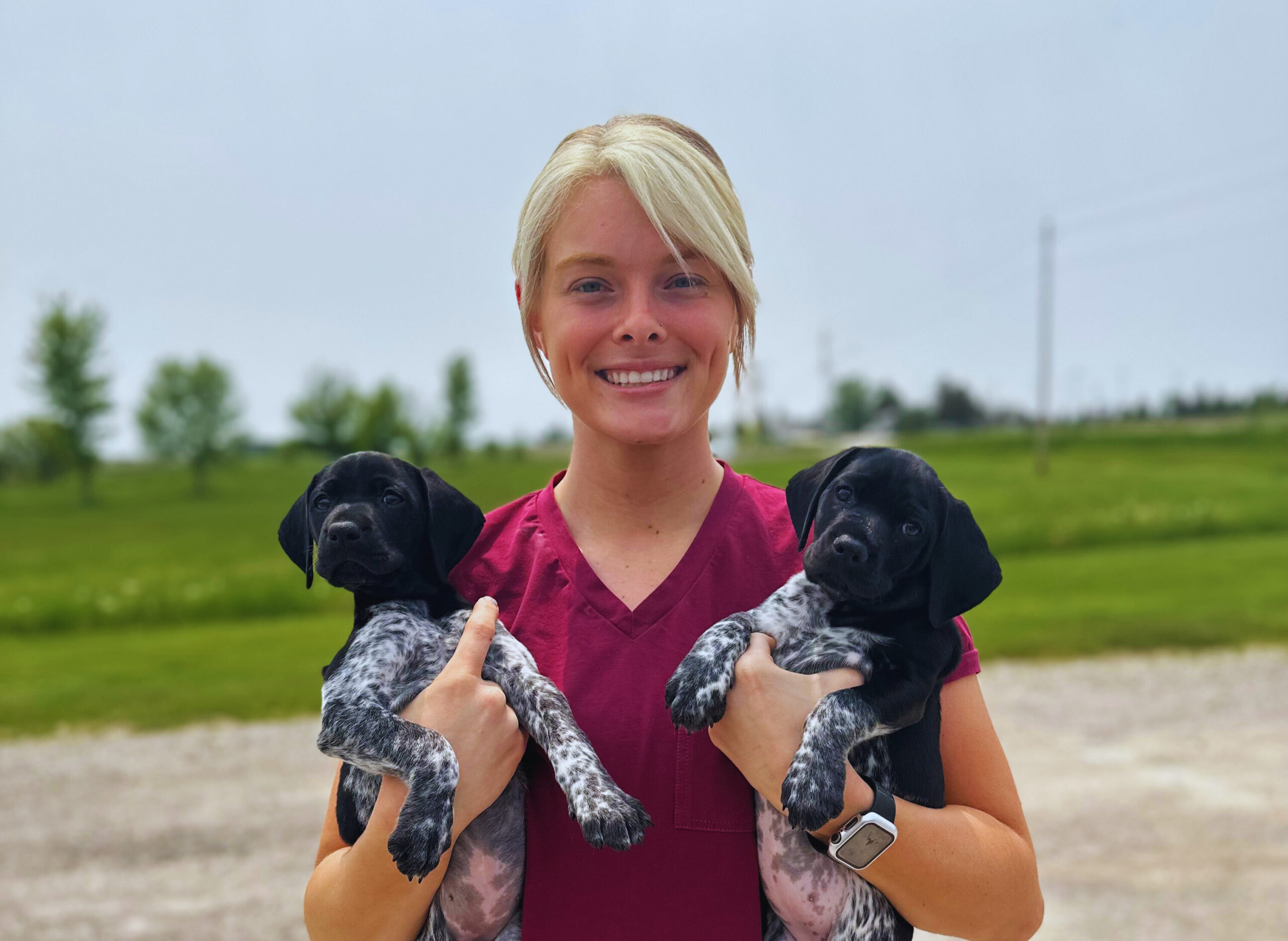
Veterinary Resources
Resource Center
Our veterinary practice offers a wide range of additional services to cater to the unique needs of our clients and their furry companions. We believe that providing comprehensive care goes beyond routine vaccinations and check-ups.


Resources
Alburnett Veterinary Service is aware of the vast amount of information available on the internet. Our staff has taken the time to find accredited websites with accurate information to help you better understand your pet and their health. As our clients and family members, we trust the information provided by the listed websites.
- American Animal Hospital Association
- American Board of Veterinary Practitioners
- American College of Veterinary Internal Medicine
- American Kennel Club
- American Veterinary Medical Association
- Association of American Veterinary Medical Colleges
- Center for Veterinary Medicine – U.S. Food and Drug Administration
- Veterinary Partner – VIN
